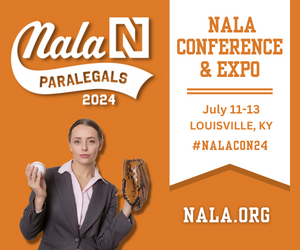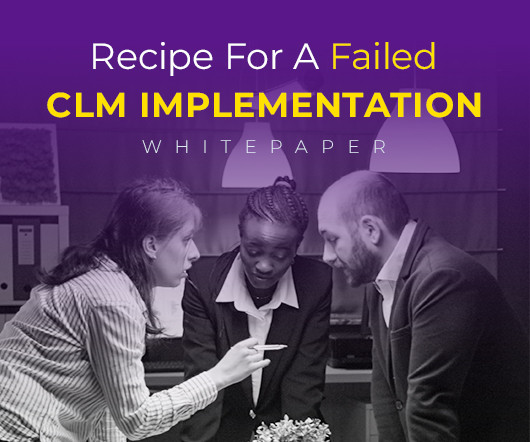Talk of A Settlement on the Terrestrial Radio Performance Royalty - What Would Broadcasters Get?
Broadcast Law Blog
JULY 21, 2010
The broadcast trade press has recently been full of talk of the possibility of reaching a settlement with the recording industry on the adoption of a Performance Royalty for broadcast stations -paying performers and record companies for the use of music by radio stations (on top of the fees already paid through ASCAP, BMI and SESAC to composers). The latest controversy was set off by comments made at the Conclave Radio Conference by Bonneville Radio's CEO Bruce Reese, who has also been prominent

































Let's personalize your content